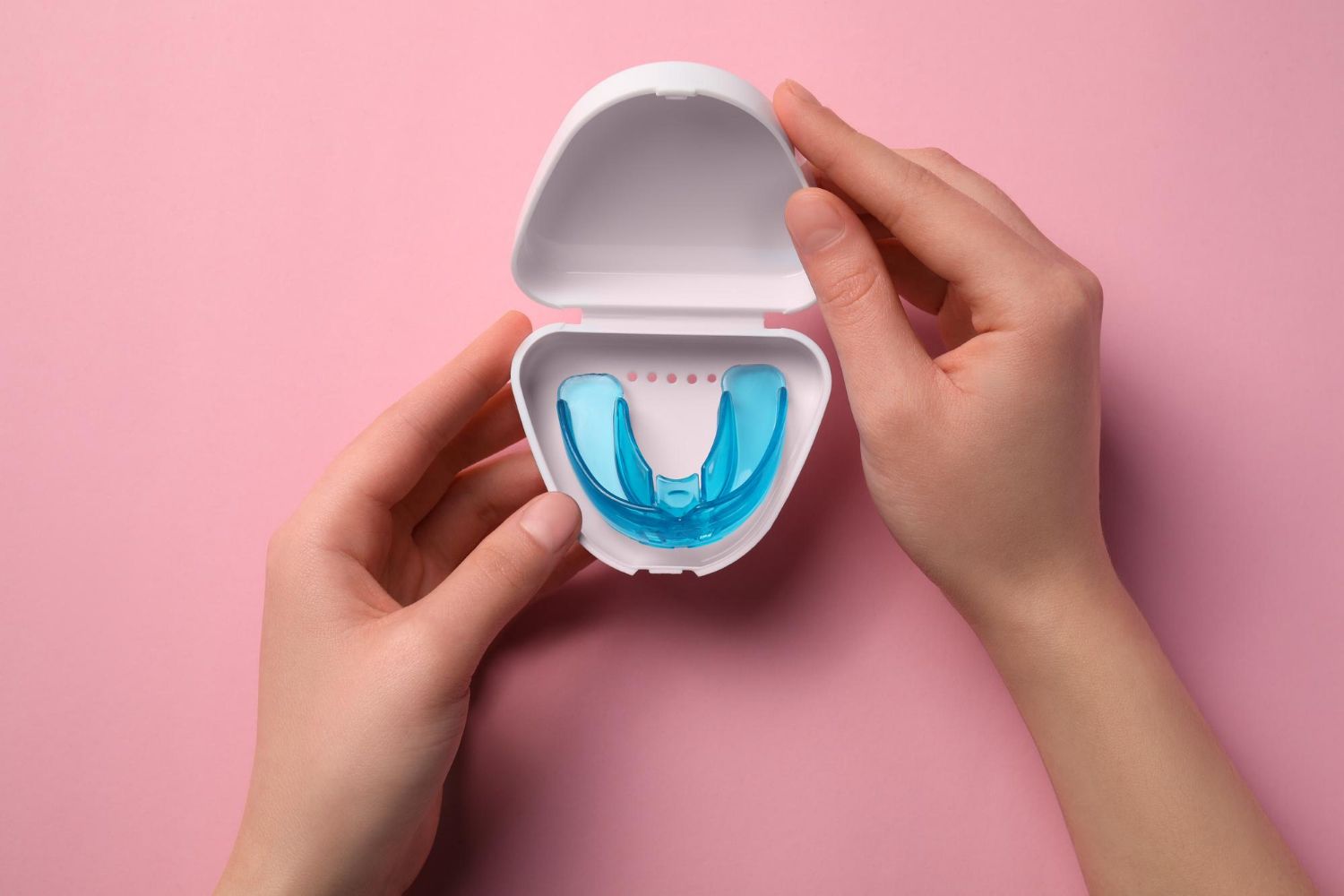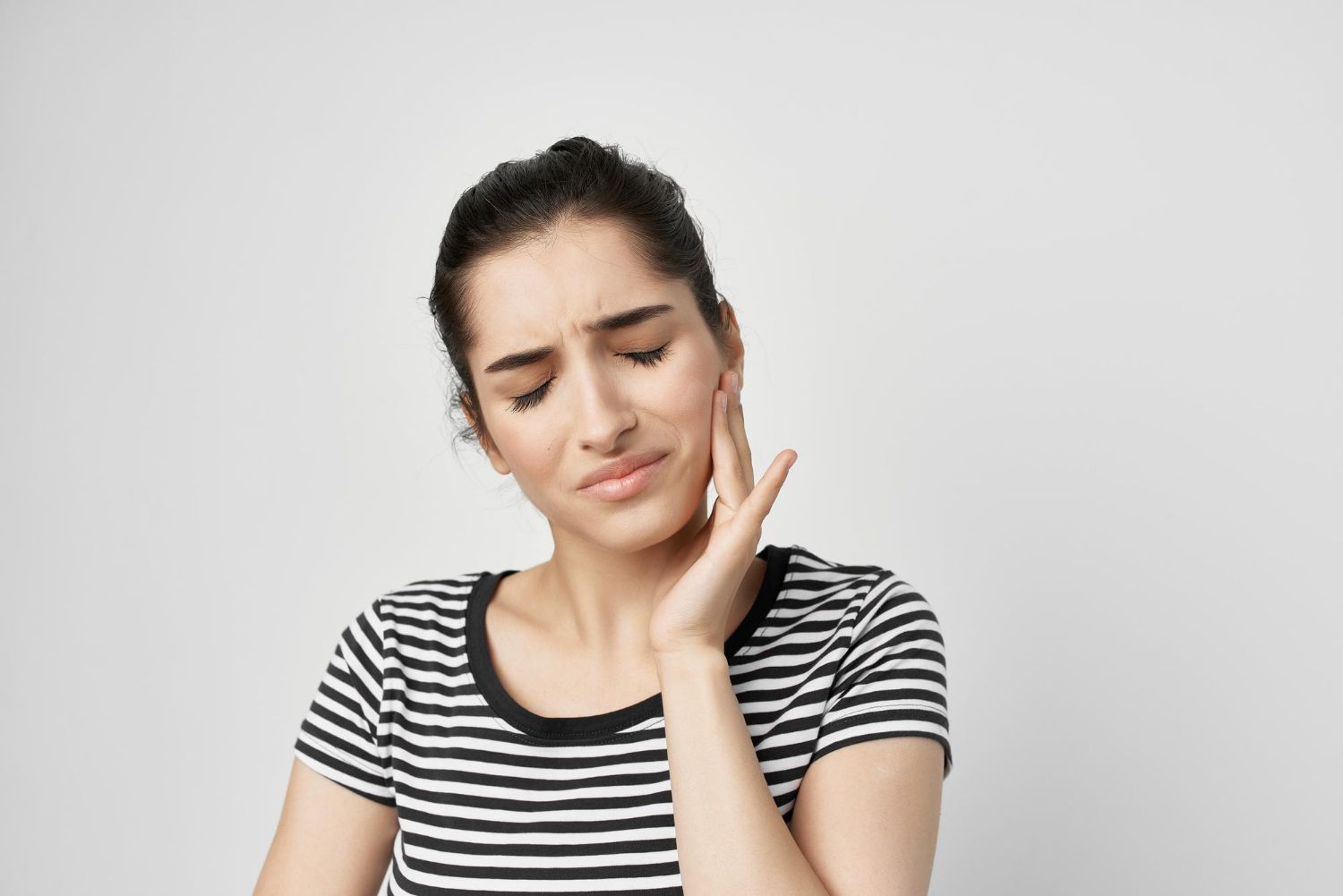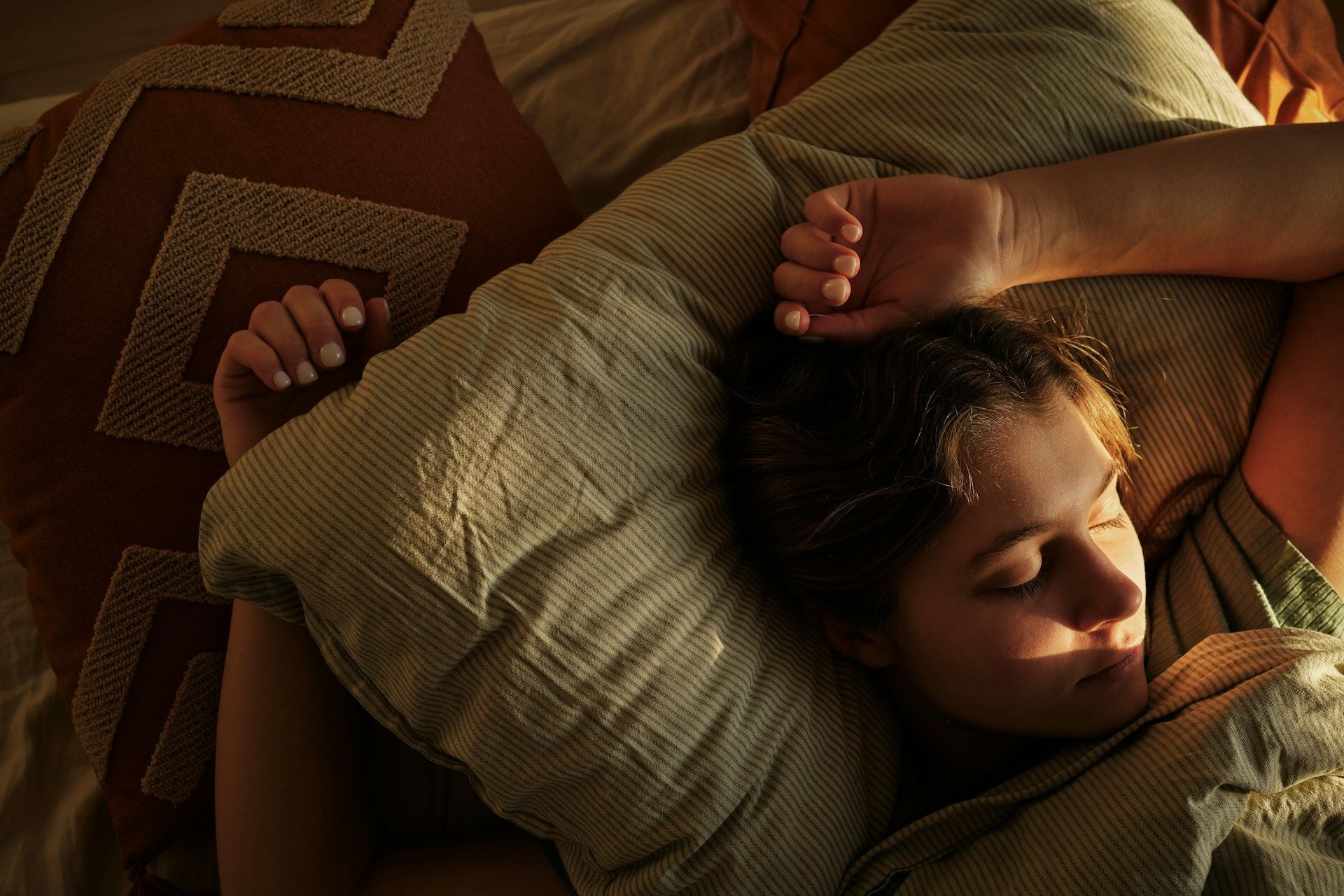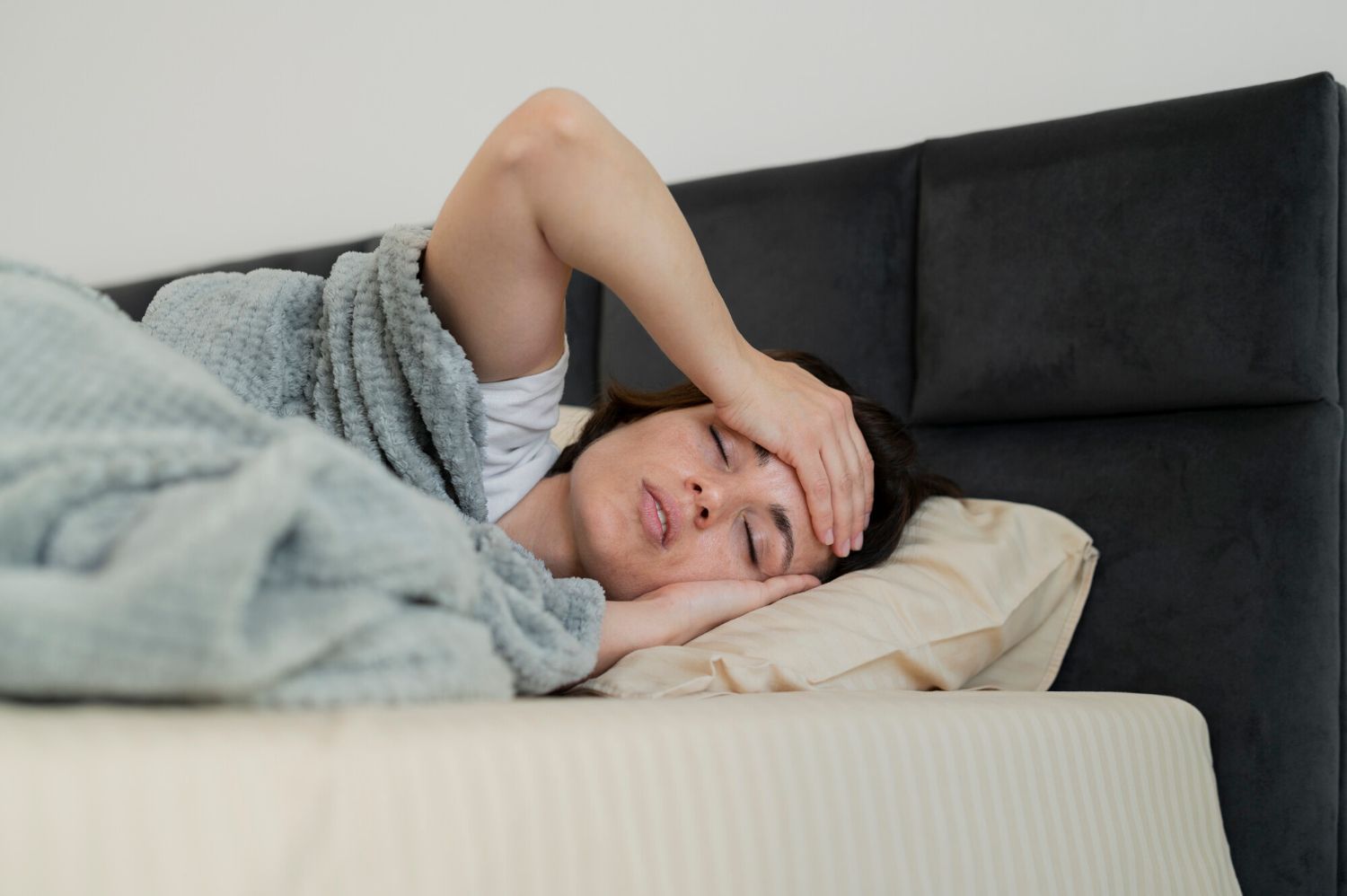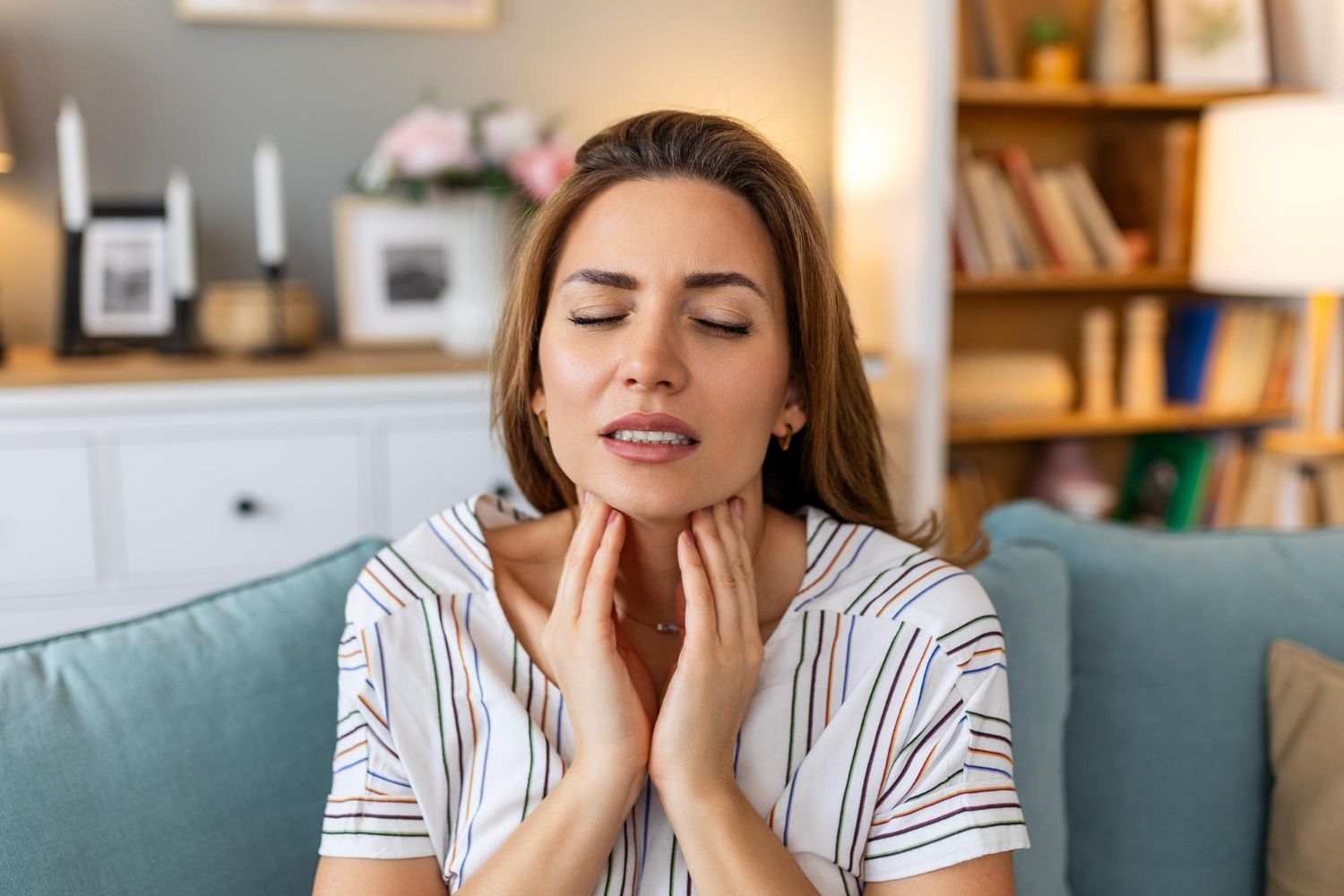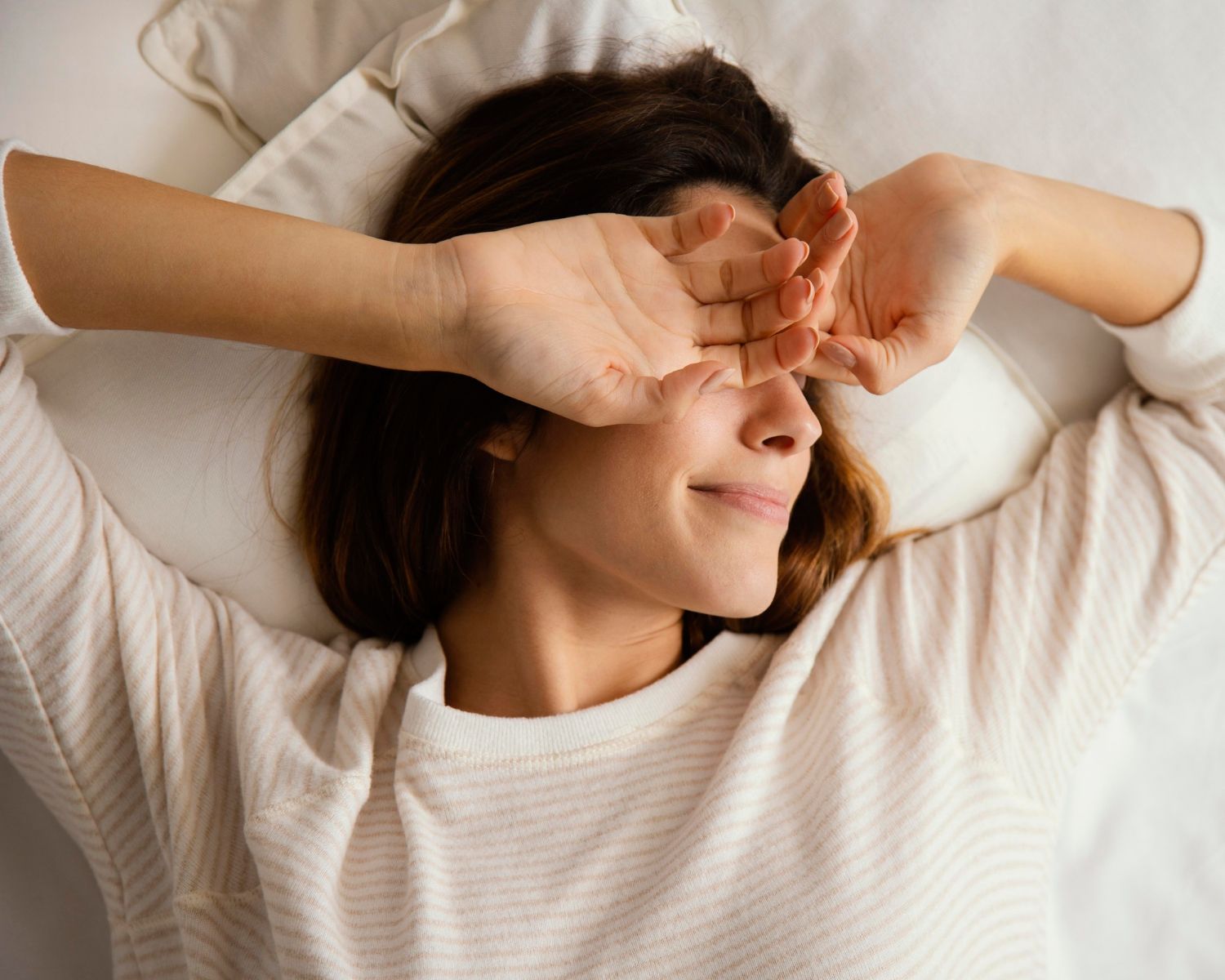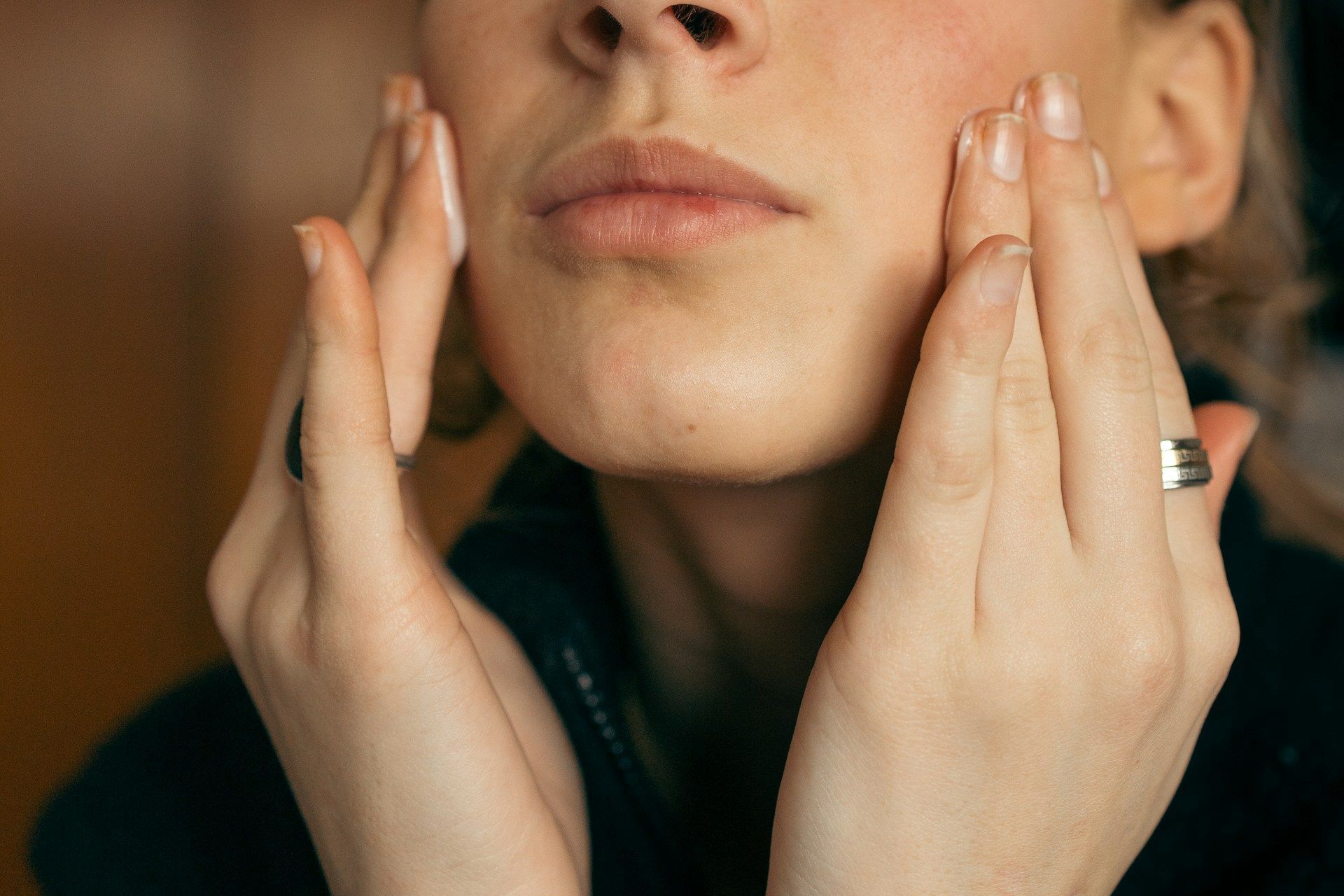Improving Sleep Quality with Sleep Hygiene: Tips from CSAT Meridian - The Center For Sleep Apnea and TMJ
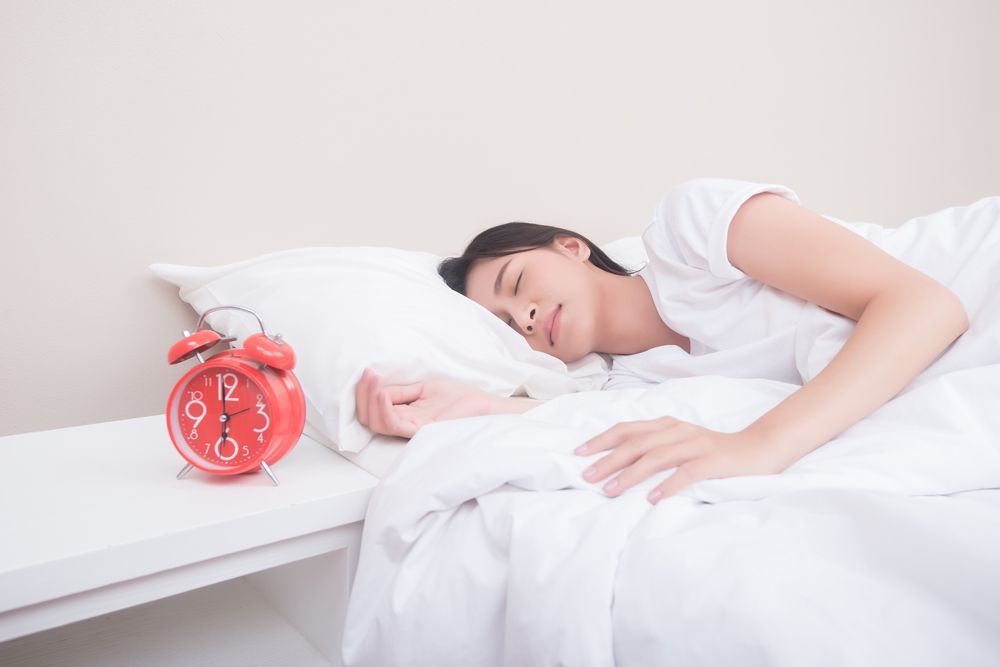
At CSAT Meridian - The Center For Sleep Apnea and TMJ in Meridian, ID, our primary focus is on providing specialized care for patients experiencing sleep apnea, snoring, TMJ disorders, and head and facial pain. In addition to addressing these specific conditions through targeted treatments, we believe it is essential to consider holistic approaches that can contribute to overall sleep quality improvement. One such approach is incorporating practical sleep hygiene tips into your daily routine.
Sleep hygiene refers to the habits and practices that promote good sleep quality and minimize sleep disturbances. These habits can be tremendously beneficial for individuals dealing with sleep-related disorders, as they provide a foundation for better sleep health. In this article, we will explore various sleep hygiene tips that can be easily implemented into your daily life, supporting the management of sleep disorders and helping you achieve a more restorative and consistent sleep experience.
Creating a Sleep-Inducing Environment
To optimize your sleep experience, it's crucial to create an environment conducive to rest and relaxation. Your bedroom should be a sanctuary dedicated to sleep and comfort. By making simple changes in your sleep space, you can significantly improve the overall quality of your sleep experience:
- Comfortable Bedding: Investing in a comfortable, supportive mattress and pillows tailored to your preferred sleep position can help alleviate pressure points and facilitate relaxation. Choose breathable bed linens that help regulate your body temperature throughout the night.
- Temperature Control: Optimal sleep conditions include a slightly cool room, typically between 60 and 67 degrees Fahrenheit. Utilize a fan, air conditioner, or heater to maintain the ideal temperature for sleep.
- Darkness Matters: Light exposure can interfere with your body's natural sleep-wake cycle. Make your bedroom as dark as possible by using room-darkening curtains or shades and minimizing exposure to electronic devices with bright screens before bedtime.
- Sound Control: A quiet environment is essential for uninterrupted sleep. Consider using white noise machines, earplugs, or noise-canceling headphones if you live in a noisy area or have a snoring partner.
Developing a Relaxing Bedtime Routine
A consistent bedtime routine that encourages relaxation can help signal your body that it's time to wind down and prepare for sleep. Incorporate activities and habits that support mental and physical relaxation:
- Regular Sleep Schedule: Try to maintain a consistent bedtime and wake-up time every day, even on weekends. This consistency reinforces your body's natural sleep-wake cycle, making falling asleep and waking up more effortless over time.
- Mindful Relaxation Techniques: Incorporating relaxation practices such as deep breathing exercises, progressive muscle relaxation, meditation, or gentle stretching can quiet the mind and prepare the body for sleep.
- Disconnecting from Screens: Set a designated time to power off electronic devices with screens and stay away from stimulating content that may make it harder to relax. Opt for a calming activity, such as reading a book or taking a warm bath, at least 30 minutes before bedtime.
- Sleep-Promoting Aromatherapy: Some essential oils like lavender, chamomile, and cedarwood have calming properties that can help to reduce stress and facilitate relaxation. Consider adding a few drops of these oils into a diffuser or applying a diluted blend to your wrists and temples before bed.
Adopting Healthy Daily Habits
Your actions during the day can significantly impact your sleep quality at night. Adopting healthy daily habits can help set you up for a better night's sleep:
- Prioritize Physical Activity: Regular exercise can boost your energy levels and mood during the day while also aiding sleep health. Aim for at least 30 minutes of moderate aerobic exercise per day, but be sure to finish your workout several hours before bedtime to give your body time to wind down.
- Mind Your Diet: Be mindful of your food and beverage intake, particularly in the hours leading up to bedtime. Avoid caffeine, alcohol, and nicotine, as these substances can interfere with your sleep patterns. Additionally, try not to consume heavy, spicy, or sugary foods too close to bedtime, as they could cause discomfort and disrupt your sleep.
- Manage Stress: Chronic stress can contribute to poor sleep quality, making it essential to incorporate effective stress management techniques into your daily routine. Consider activities such as deep breathing exercises, meditation, yoga, or engaging in hobbies that bring joy and relaxation.
- Bask in the Sunshine: Getting regular exposure to natural sunlight during the daytime can help regulate your body's sleep-wake cycle. Aim for at least 20-30 minutes of sunlight exposure every day, ideally in the morning.
Seeking Professional Help When Needed
If you have implemented healthy sleep hygiene practices but are still experiencing sleep disturbances, it might be time to seek professional help. Consult with a doctor at CSAT Meridian - The Center For Sleep Apnea and TMJ in Meridian, ID, to evaluate your sleep issues and develop a personalized treatment plan that addresses your unique needs.
Conclusion
Improving your sleep hygiene is a crucial component in managing and supporting the treatment of sleep disorders such as sleep apnea, snoring, and TMJ disorders. By incorporating the practical sleep hygiene tips provided in this article, you can create an environment and habits that encourage restorative and healthy sleep. At CSAT Meridian - The Center For Sleep Apnea and TMJ in Meridian, ID, our team is here to support you in your journey to better sleep and overall well-being. Contact our
Meridian sleep apnea clinic now for more details

